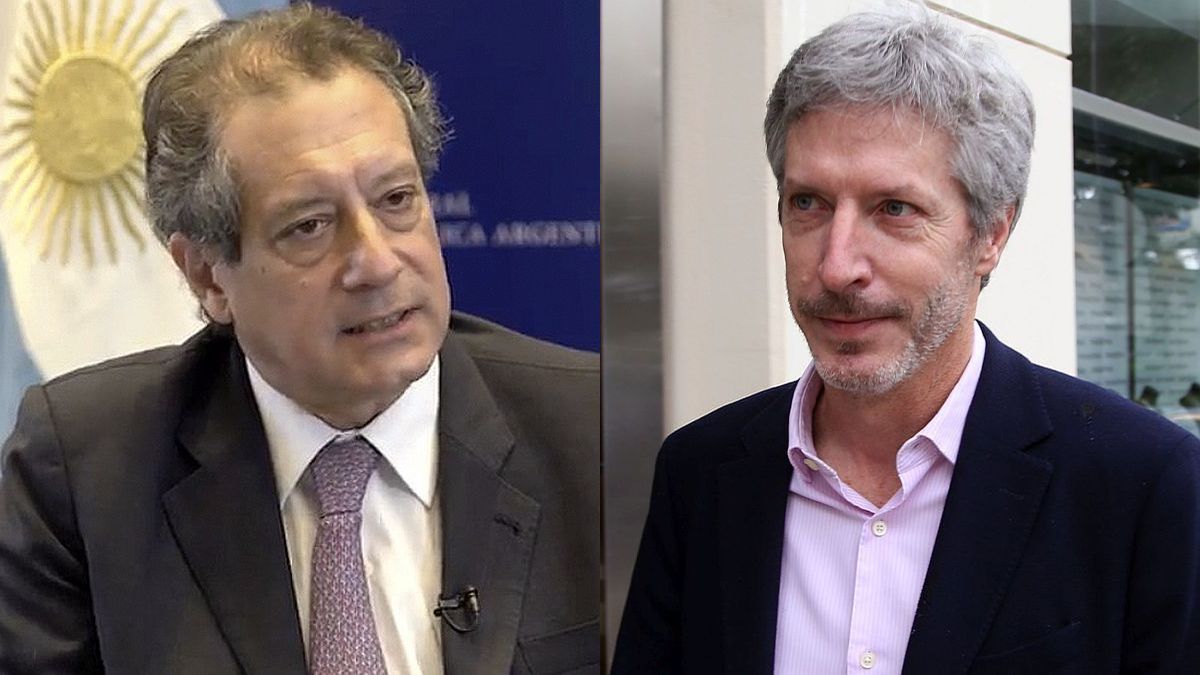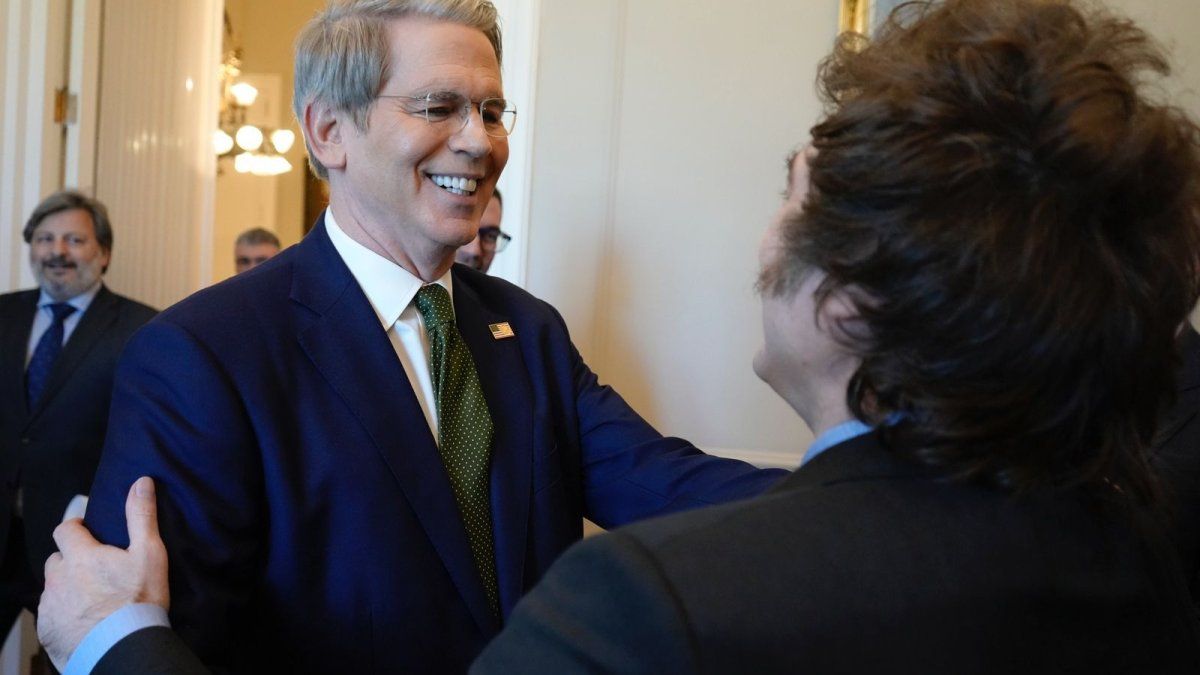As Ámbito had anticipated, this Monday Miguel Ángel Pesce attended this Monday Central Bank (BCRA) as he has been doing for four years to fulfill his tasks as president of the entity. And, although a large part of the President’s Cabinet that Javier Milei took office this Sunday was confirmed, some positions still need to be formalized through the issuance of the corresponding decrees.
One of those awaiting confirmation to take office is Santiago Bausili, next president of the BCRA, and that means that his predecessor continues to be the owner until the decree is issued accepting the resignation. As long as this essential step in the transition process is not completed, this will remain the same.
What the Executive, headed by Milei, must do now is issue a Bausili commission appointment decree and publish it in the Official Gazette. The term “in commission” refers to the fact that it is a interim and provisional appointment, until the Senate provides the agreement or not, or the time it has to provide it passes, which is the end of the session, generally, but it can be extended.
Pesce said goodbye to the BCRA workers
For now, Pesce sent a farewell note to the entity’s workers to say goodbye in his last day of administration of Alberto Fernández’s governmentan internal email in which he indicated that he feels “pride for having led the Central Bank of the Argentine Republic” and took the opportunity to “thank all those who in very adverse times helped face problems and challenges with their effort and commitment”.
In another section, he highlighted that, during the pandemic, The entity managed to provide solutions through the payment system and banking to the population. On the other hand, he highlighted that the BCRA statistical system is “an example of transparency and opportunity for users.”
And, as he had recently pointed out in public statements, he highlighted that foreign trade and the energy sector will allow solutions to be found for the economic future of Argentina and, in the face of criticism and threats of closure of the BCRA that the next president of the Nation has made, said that the Constitution and international organizations demand the existence of the monetary regulator.
BCRA directors: who will occupy the seats on the board
Still not known who will be the directors of the BCRAwho are the ones who integrate together with the president of the Central the board of directors that meets week by week to make decisions on regulatory matters by consensus. However, some names are beginning to circulate, although few, for the moment. Such is the case of some references that sounded for some positions but they still do not have a destination, like Ramiro Marra, Darío Epstein, Ignacio Abuchdid and Patricia Boedo. However, no one is confirmed yet.
The main challenges that Bausili will have in the Central
Without a doubt, One of the main challenges that the next president of the BCRA will face will be to contain the loss of reserves, which currently stand at US$21,208 million. In addition, it will have to address the issue of debt with importers, which is around US$54,000 million today, of which US$43,000 million corresponds to goods and US$11,000 million to services. .
Likewise, the issue of the Central Bank’s Liquidity Letters (Leliqs), which has been talked about a lot recently, is another key element, although now the entity’s total liabilities are more distributed than before because the banks left to renew the Leliq and switched to shorter instruments, such as passes (1-day bills). Thus, the Leliqs stock fell from around $20 billion about ten days ago to $4.8 billion this Thursdaywhen the last tender for these instruments of the current administration was made, and that of passes has already exceeded $15 billion, given that stands at $16.5 billion.
And, from now on, you must work on the inflation control together with the rest of the organizations, an objective for which the reconstruction of currency value national. Happens that The peso is more devalued every day compared to the dollar. The next Government will have to define its monetary policy and determine whether or not it finally implements Javier Milei’s much-announced dollarization.
Source: Ambito




